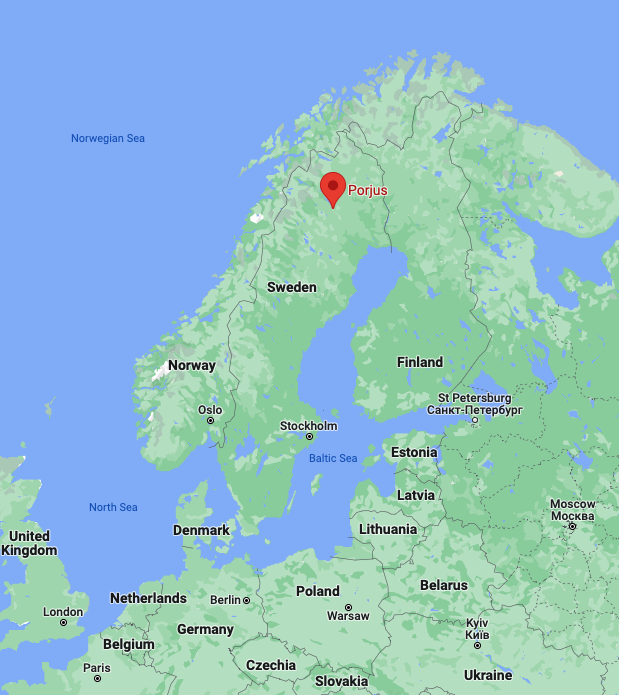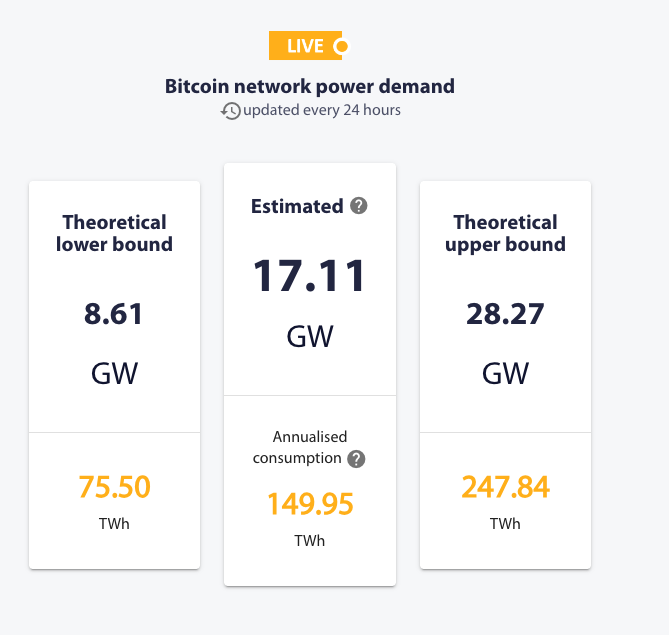Sweden welcomes a Bitcoin mining company powered by hydroelectricity. Genesis Digital Assets Limited (GDA), a mining and data center company with over 400 MW of global energy production, has opened a new data center in Sweden, benefiting from the country’s growing surplus of renewable energy.
Revolution in Bitcoin Mining
The new operation is located in the remote north of Sweden, where hydroelectric power dominates the grid. Abdumalik Mirakhmedov, the CEO and founder of GDA, stated that the new data center is located near the Porjus Hydroelectric Power Plant:
“Considering its proximity to the hydroelectric power plant, we expect our electricity consumption to be entirely sourced from renewable energy.”
The total capacity of the data center is expected to be around 8 MW, resulting in an approximate hash rate of 155 PH/s (peta hashes per second). GDA announced that there are 1,900 Bitcoin mining machines at the Porjus data center. According to Jaran Mellerud, Business Developer at Luxor Mining, almost all of Sweden’s electricity is produced from nuclear and hydroelectric sources.
“Sweden will be the fifth country in the world in terms of electricity generation per capita, with its own power plant in 2021.”
Renewable Energy, Ideal for Bitcoin Mining
GDA’s strategic expansion is part of a broader trend in the North European Bitcoin mining environment. Christian Anders, the founder of the Swedish Bitcoin exchange BT.CX, established in January 2012, stated in an interview that Bitcoin mining is not widespread due to high energy prices.
However, Anders mentioned that Scandinavian countries are a different class:
“Sweden, Finland, and Norway have surplus energy and occasionally negative energy prices. They have renewable energy in the form of hydroelectric power, which is difficult to distribute due to their remote location.”
Unused, stranded, and renewable energy are popular components for Bitcoin mining because they tend to be the cheapest. Mirakhmedov stated, “Sweden also has an abundance of clean energy sources, which is an important factor we consider in our operations.”

Furthermore, while some Scandinavians show a negative attitude towards Bitcoin, Anders said that energy companies approach Bitcoin mining favorably: “The CEO of Sweden’s largest energy producer, Vattenfall, supports Bitcoin mining and its use for grid balancing.” Balancing electric grids with Bitcoin miners is becoming increasingly common in the United States as well.
Bitcoin mining, often portrayed as an energy-consuming and carbon-intensive industry, according to the Cambridge Alternative Finance Center, consumes only 149.95 terawatt-hours of electricity annually, or less than 0.7% of global energy consumption.
Meanwhile, renewable energy, including hydro, continues to dominate the global Bitcoin mining energy mix. For example, neighboring Norway contributes to approximately 1% of the Bitcoin hash rate and operates on 100% renewable energy.


 Türkçe
Türkçe Español
Español








